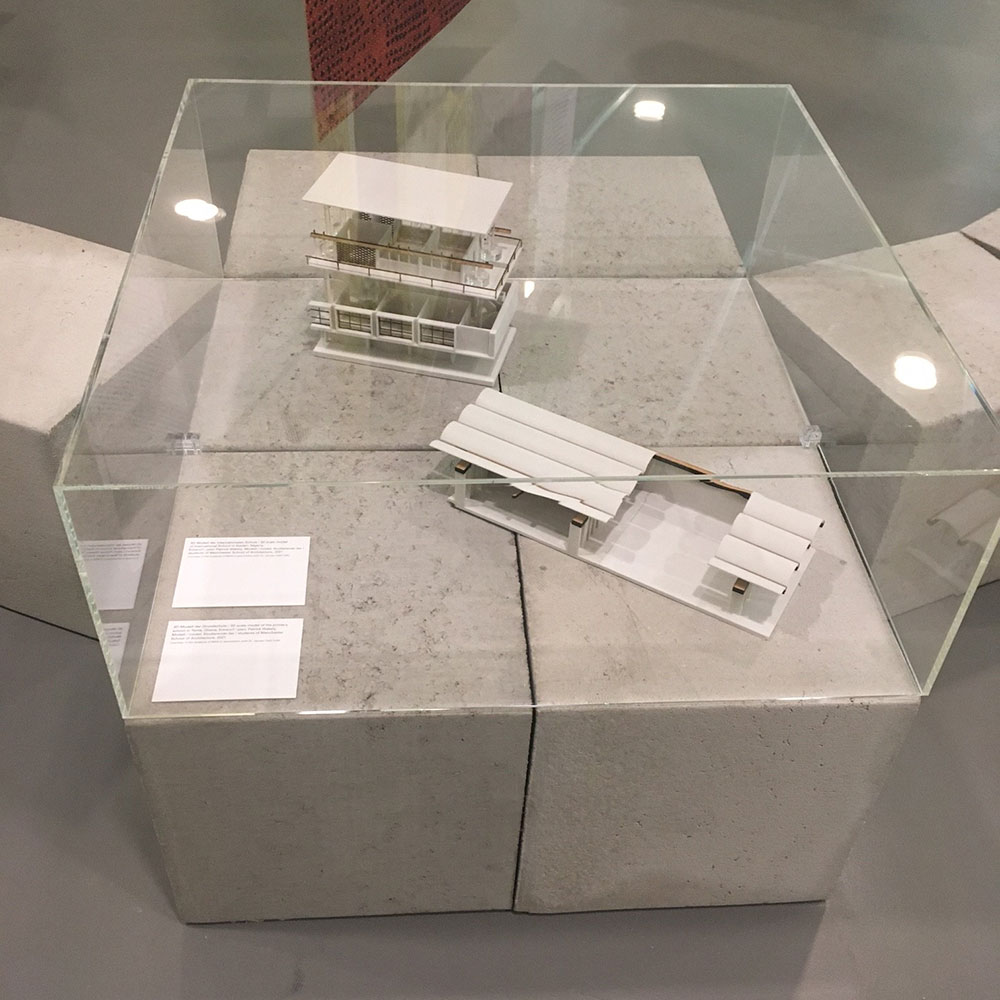The dissertation plays an essential role in the development of students’ intellectual capabilities and resources, and forms an important vehicle through which the skills of scholarship and research are cultivated and tested. It provides students with the opportunity to develop their own architectural interests through the pursuit of research, scholarship and written argument. The preparation and presentation of a dissertation of around 10,000 words provides the opportunity to take this study to some depth.
The successful completion of a dissertation on a subject of some significance to Architecture and Urbanism contributes to part II of the Royal Institute of British Architects (RIBA) examination. The dissertation task is also structured to meet the Architects Registration Board (ARB) criteria.
The learning outcomes of the dissertation include the understanding of the complex influences on the contemporary built environment of individual buildings, the design of cities, past and present societies and wider global issues. Furthermore, during their work on the dissertation, students get an opportunity to learn about histories and theories of architecture and urban design, the history of ideas, and the related disciplines of art, cultural studies and landscape studies and their application in critical debate. These conceptual tools allow them to understand the complex influences on the contemporary built environment. Thanks to their work on a dissertation, students increase their architectural vocabularies through exposure to, and discussion of, a wide range of issues relating to the built environment.
Students begin work on their dissertations within small groups that are aligned to a stated theme or methodology. Structured research seminars inform individual dissertation proposals. Students progressively develop an ability to critically appraise the spatial, aesthetic, technical and social qualities of a design within the scope and scale of a wider environment. The inter-relationships between people, buildings and the environment are studied by means of various methods and approaches, which this year have been restricted by Covid-19, although students have been fantastically creative and resource in accessing available literature, personal conversations (yet more Zoom!), surveys, field observations, and archival data. Through the dissertation, students acquire research and analysis skills, a competency in crafting coherent, logical and well-written arguments; they develop presentation techniques as well as acquire knowledge about the proper use of citation and referencing conventions.


